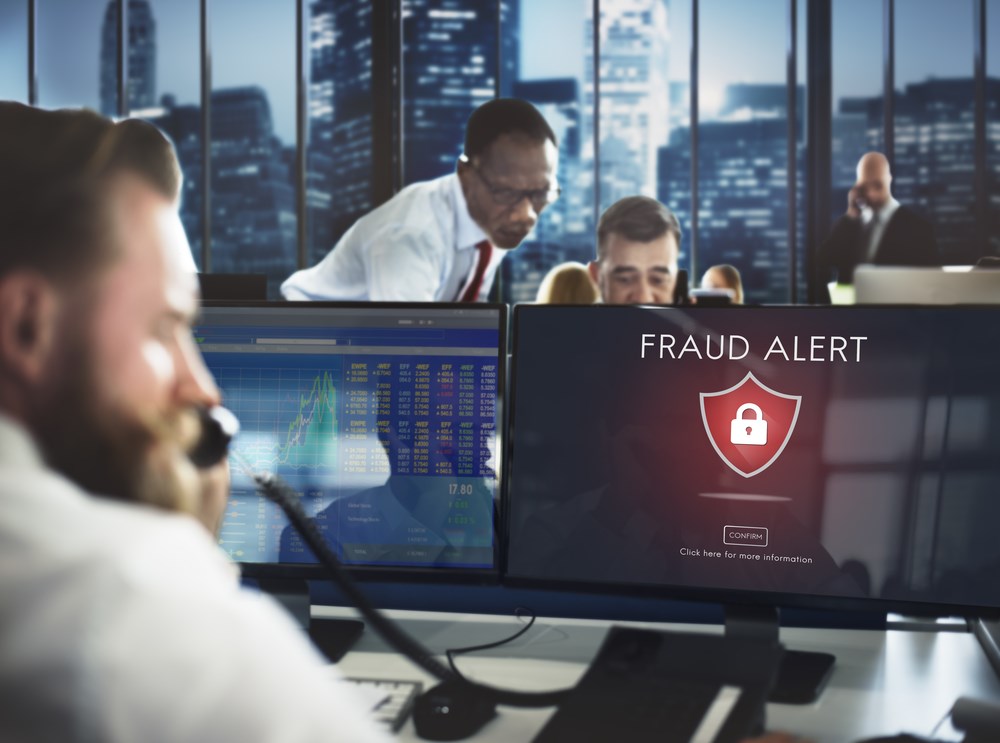Online banking, remote payment services, and even mobile wallet applications have significantly increased the digitalisation of consumers’ personal financial information, such as net worth and financial statements. As with any digital transaction, cyber hygiene practices, online security, privacy, and cybersecurity are always concerns.
Opening a bank account online, booking travel, accessing social media and accommodations, or even purchasing something as innocuous as a pair of shoes online necessitate some form of data collection. Usually, it requires data such as name, residential address, e-mail, and financially sensitive information such as credit card, debit card, or bank account numbers.
Though such information may appear commonplace, personal and financial information is both sensitive and equally vulnerable.
You are relatively safe if companies only use your data for marketing purposes. However, if any of your databases are hacked, it can cause serious personal and professional damage.
In the first quarter of 2022, India experienced over 18 million cyber-attacks and threats, with an average of nearly 200,000 threats per day. Personal information security is thus a prime concern for individuals and businesses today.
What Can You Do to Protect Your Personal Financial Information Online?
Maintaining users' personal information privacy has become critical for any company that collects and stores personally identifiable information.
Organisations worldwide are constantly working to protect consumer information from being compromised or lost. However, a consumer's data is only as secure as the preventive measures they take. You can safeguard your privacy by making straightforward modifications to your devices and accounts.
Here are a few tips on keeping your personal information safe while retaining a secure online presence.
Use Strong & Complex Passwords for Data Protection
Strong passwords are your first line of defence against data breaches. Avoid using personal information like names or birthdates in your password. Instead, create passphrases with at least ten characters and a mix of upper-case and lower-case letters, symbols, and numerals.
Use a different password for each of your accounts, with a password manager for ease of operation. When protecting client and consumer financial information online, multifactor authentication is critical because it creates multiple barriers to entry for hackers. While collecting any personal information, you must ensure that it is stored securely and only shared with trusted entities.
Beware of Common Scams to Strengthen Your Online Security and Privacy
Never open e-mail attachments from unknown senders or return calls from unauthenticated numbers. Know that this can make you a sitting duck for phishing scams, malware, or telecommunications fraud.
Avoid clicking on clickbait links in promotional e-mails or social media. If the content seems interesting, try accessing the website from your browser. Unsure what information is safe to share online? Always verify the source before sharing any personal information online.
Practice App Safety and Protect Your Personal Financial Information
While apps have brought the world to our fingertips, they have also made us vulnerable to serious data breaches. To protect your personal information online, here are a few things to remember while using apps:
- Download apps only from authenticated sources such as your operating system’s app store or the device manufacturer.
- Apps request permission to access various device features, like cameras, location, or contacts. You may refuse or limit permissions if you believe these are not required for the app to function.
- Continually update your apps as the updated software is enabled with the latest security features that help minimise system vulnerabilities.
Practice Healthy Social Media Habits to Safeguard Personal Information
While social media is an excellent way for individuals and businesses to stay connected and build an online presence, it is a goldmine of personal data. Scammers can effortlessly glean sensitive information like your birthdate and family details through your social media sites or use your business page for brand impersonation.
The best way to ensure personal information security on social media is to avoid oversharing, limit who sees your posts and report violations immediately to the app’s administrators and your followers. Set up Two-factor authentication to secure your accounts.
Safeguard your smart devices & encrypt your data
Install antivirus software and firewalls in your smart devices and update them regularly. These are vital tools in preventing malicious intrusions into your gadgets. Purchase only authentic, subscription-based programs from trusted vendors, and avoid pirated versions.
Go to your device settings and enable end-to-end encryption. This makes your data unreadable to scammers.
Enable Online Data Security Services for Comprehensive Cyber Hygiene
Because we rely on the internet, the threat posed by hackers and cybercriminals has grown. While the internet provides limitless opportunities, such as online shopping, home banking, and real-time communication, it also increases our vulnerability to data breaches and identity fraud.
Despite your best efforts, you can fall prey to cybercrimes or online harassment. It is becoming increasingly essential to secure every aspect of online information with an efficient data monitoring tool. Leveraging technology is a smart way to keep your personal financial information safe online and ensure effective cyber hygiene practices.
The CRIF Solutions Advantage
Sicurnet, CRIF India's data security tool, keeps an eye on your personal and financial data and protects it from potential fraud. It’s a monitoring tool that tracks data and reports anomalies or violations.
How Sicurnet Works to Ensure Online Security and Privacy
On activation, Sicurnet automatically monitors your personal and financial data on the web. At any point, you can add additional data to be monitored, for example, savings accounts, credit cards, telephone numbers, e-mail addresses, or usernames.
Sicurnet provides real-time updates on the circulation of your data, even in high-risk web environments. To protect your privacy and personal data, you will be notified if it is exposed or subject to illegal trade.
Contact us to learn how CRIF can assist you with personal and financial information security, risk monitoring, and data protection.

